“Simone Weil: Decreation”
Marcus Steinweg, Jalal Toufic, Miranda Fricker, Keith Wilson, Janet Burchill, Alain Badiou, Dr Louise Burchill, Jessica Whyte, Mireille Astore, Justin Clemens, Hélène Frichot, Domenico De Clario, Daniel Gustav Cramer, Haris Epaminonda, Pip Stokes, Michael Needham, Nela Trifkovic, David Howell, Anastasia Klose and Alexander Garcia Duttmann
8 Aug → 3 Sept 2011
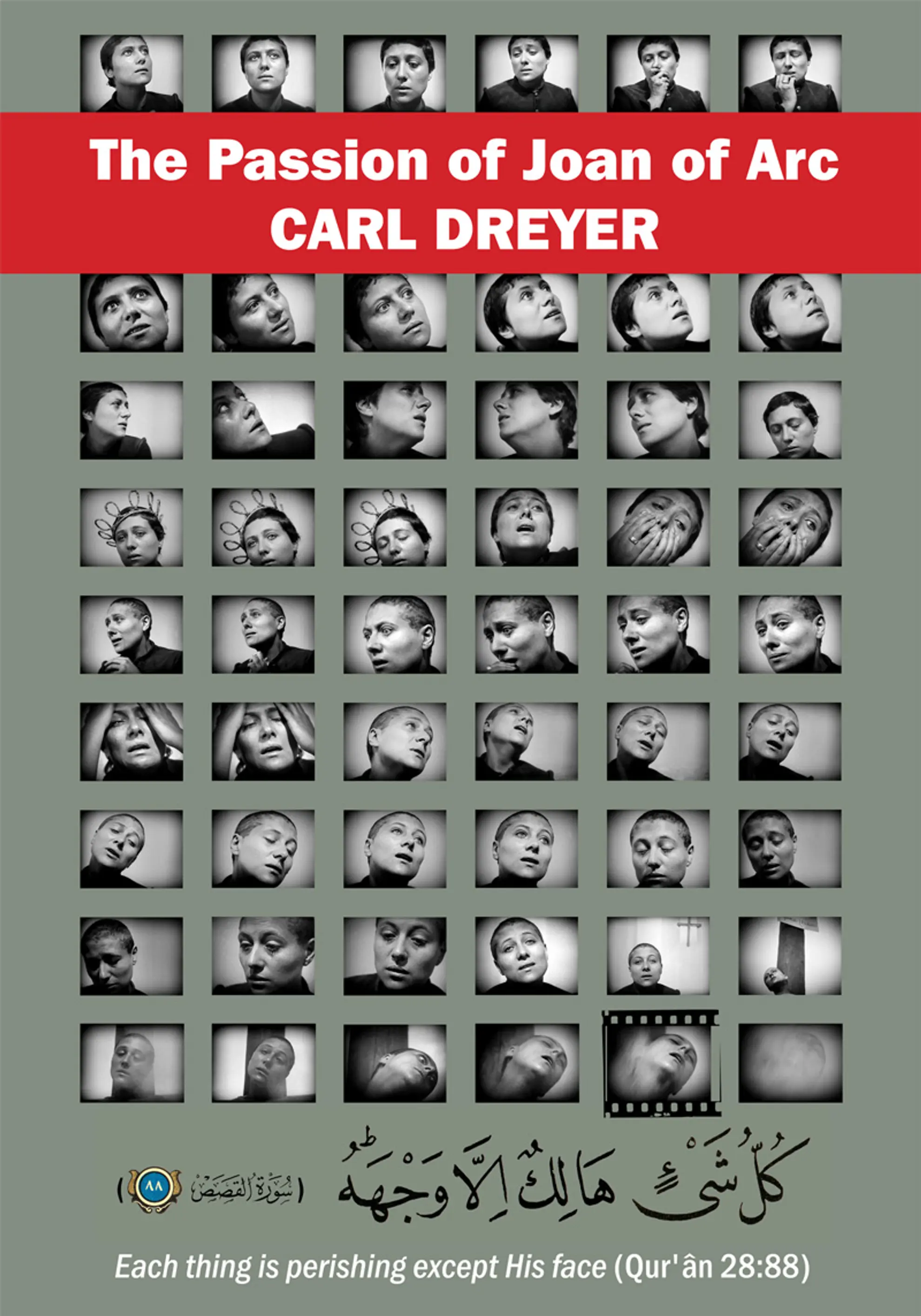
A Today Your Love Project
Artists: Featuring Marcus Steinweg (Berlin), Jalal Toufic (Lebanon, Berlin), Miranda Fricker (London), Keith Wilson (London), Janet Burchill (Melbourne), Alain Badiou (Paris), Louise Burchill (Paris), Jessica Whyte (Melbourne), Mireille Astore( Sydney), Justin Clemens (Melbourne), Hélène Frichot (Melbourne), Domenico De Clario (Rome, Melbourne), Daniel Gustav Cramer (Berlin), Haris Epaminonda (Nicosia, Berlin), Pip Stokes (Melbourne), Michael Needham (Melbourne), Nela Trifkovic (Melbourne) and David Howell (Melbourne), Anastasia Klose (Melbourne), and Alexander Garcia Duttmann (London)
Curated by Elizabeth Presa.
Decreation: to make something created pass into the uncreated.
Destruction: to make something created pass into nothingness. A blameworthy substitute for decreation – Simone Weil
Decreation is a project between artists, philosophers and writers, dedicated to the work and thought of Simone Weil.
A philosopher, political activist and mystic, Simone Weil (1909–1943) conducted both thought and action without compromise. The incisiveness of her address, the intensity of her vision, and the ‘excess’ of her life make Weil an exemplary figure with whom to pursue an exploration of the themes of art, sacrifice and transcendence.
Decreation is an exhibition of small mementos, artworks, diagrams and texts displayed within a small recreated ‘chapel’ based on the Chapel of St Francis of Assisi, The Porziuncola, housed in the Basilica of Santa Maria degli Angeli in Umbria. This project will also include a series of related events and seminars on Simone Weil led by people whose work has been influenced by her.
Miranda Fricker (Head of Philosophy, Birkbeck, University of London. Miranda Fricker is a moral philosopher. She presented the 2009 Simone Weil lectures on Human Value at ACU.)
“Philosophy should look for inspiration in the practice of art, literature and history.”
In this exploration of new territory between Ethics and Epistemology, Miranda Fricker argues that there is a distinctively epistemic type of injustice, in which someone is wronged specifically in their capacity as a knower. Justice is one of the oldest and most central themes in philosophy, but in order to reveal the ethical dimension of our epistemic practices the focus must shift to injustice. Fricker adjusts the philosophical lens so that we see through to the negative space that is epistemic injustice.
She explores two different types of epistemic injustice, each driven by a form of prejudice, and from this exploration comes a positive account of two corrective ethical-intellectual virtues. The characterization of these phenomena casts light on many issues, such as social power, prejudice, virtue, and the genealogy of knowledge, and it proposes a virtue epistemological account of testimony.
Justin Clemens (University of Melbourne), An Ethics of Decreation
Leslie Fiedler wrote that Simone Weil should be considered a Jewish heretic and not really a Christian mystic. Fiedler identifies certain features—the regard for agony and suffering, the treatment of affliction as a token of God¹s love, the refusal of consolation—as emblematic of this relationship. This paper will re-examine several of these features by way of a discussion of certain key texts by Weil, notably “The Iliad, or the Poem of Force”.
Jessica Whyte (Monash University): A Politics of Decreation?
In a major essay on Herman Melville’s titular figure ‘Bartleby the Scrivener’, Giorgio Agamben uses the term ‘decreation’ to define Bartleby’s passive refusal to carry out his employer’s commands. While this term seems to gesture to various other forms of desubjectivation and unworking (désoeuvrement) that punctuate Agamben’s texts, it is, in fact, a key technical term in the work of Simone Weil, whose political thought was the subject of Agamben’s doctoral dissertation. In an essay that bears the title “Decreation”, Weil describes decreation as “making something created pass into the uncreated”, and compares it to God’s self-abnegation in creating the world. For Weil, decreation demands a form of renunciation that would bring about an anguish equivalent to that caused by the loss of everything we love—an anguish she sees most wrenchingly depicted in the book of Job. This paper will consider Agamben’s attempt to translate decreation into political terms by positing Bartleby’s renunciations as the most powerful objection to sovereign power. It will ask whether the model of self-abnegation that Weil both theorised and lived can serve as a model for political engagement in the present.
This exhibition and seminar series is part of The Centre for Ideas ‘Art & Philosophy’ project funded by the Sidney Myer Foundation.

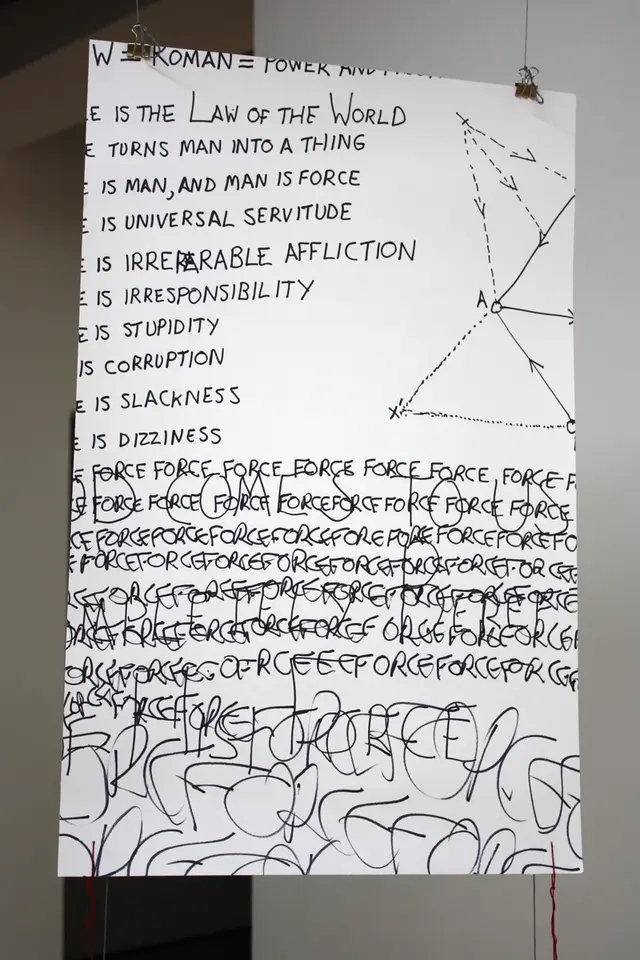
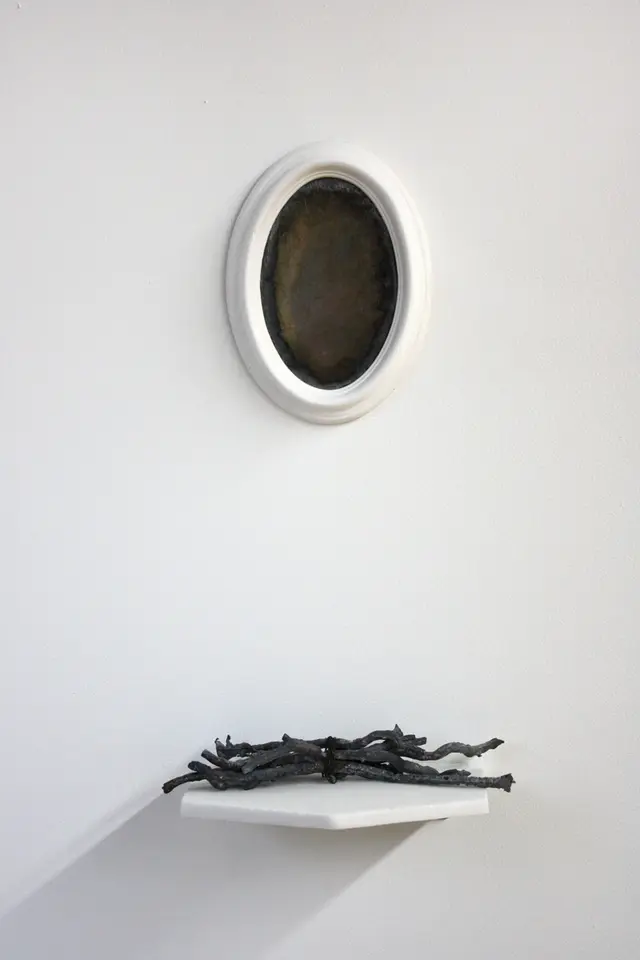

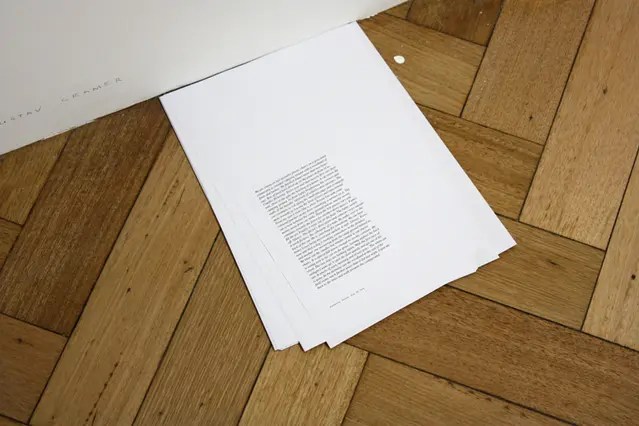
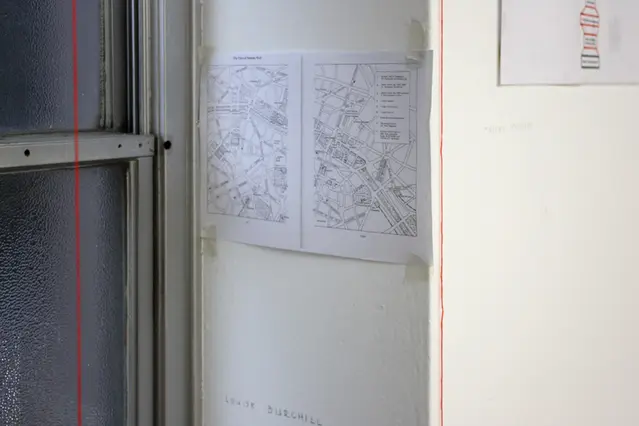
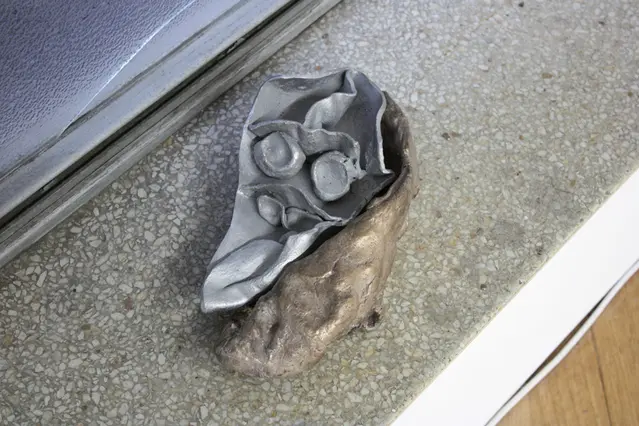

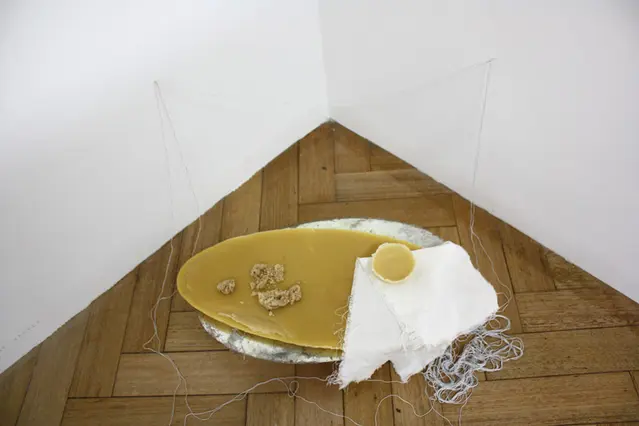
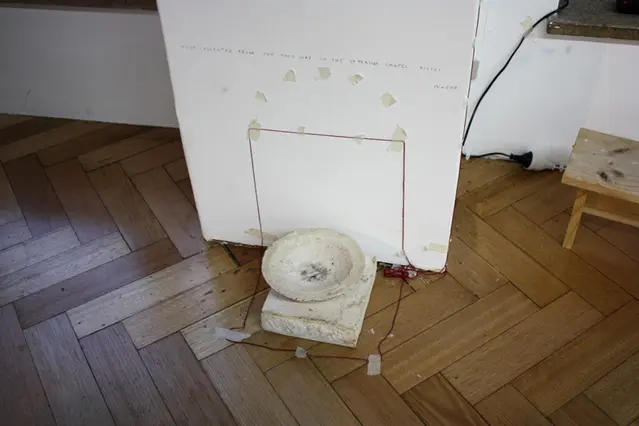
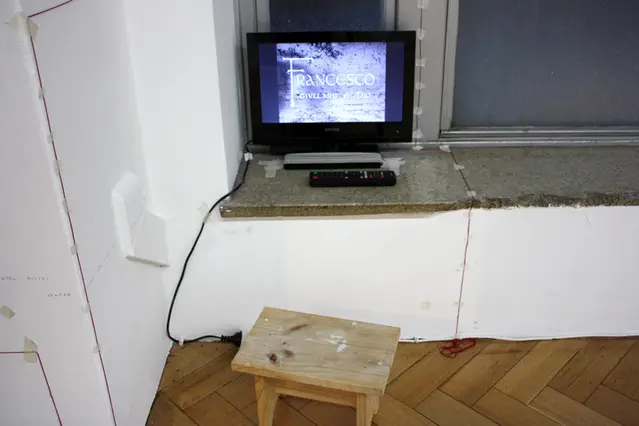
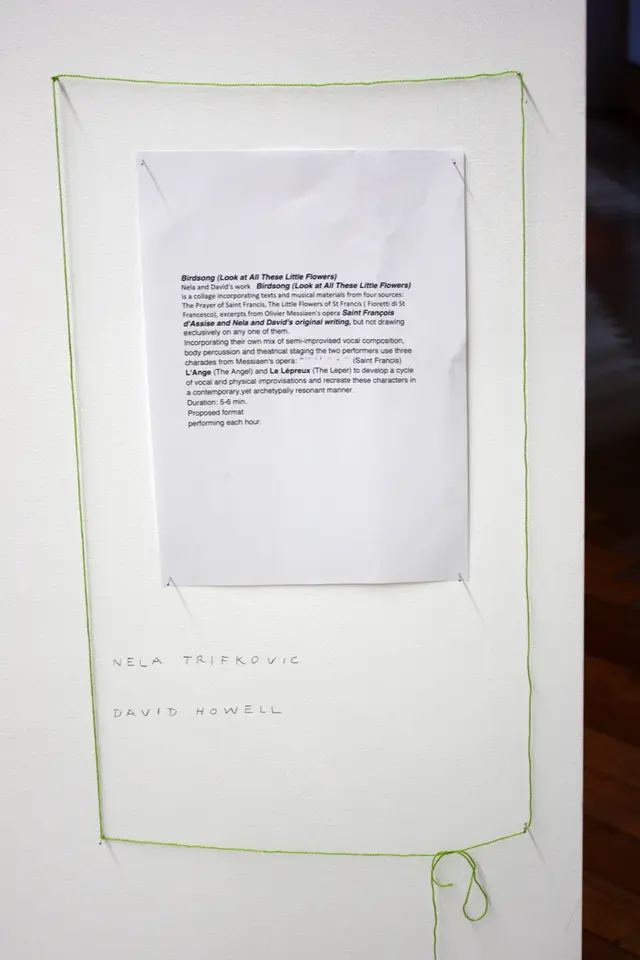

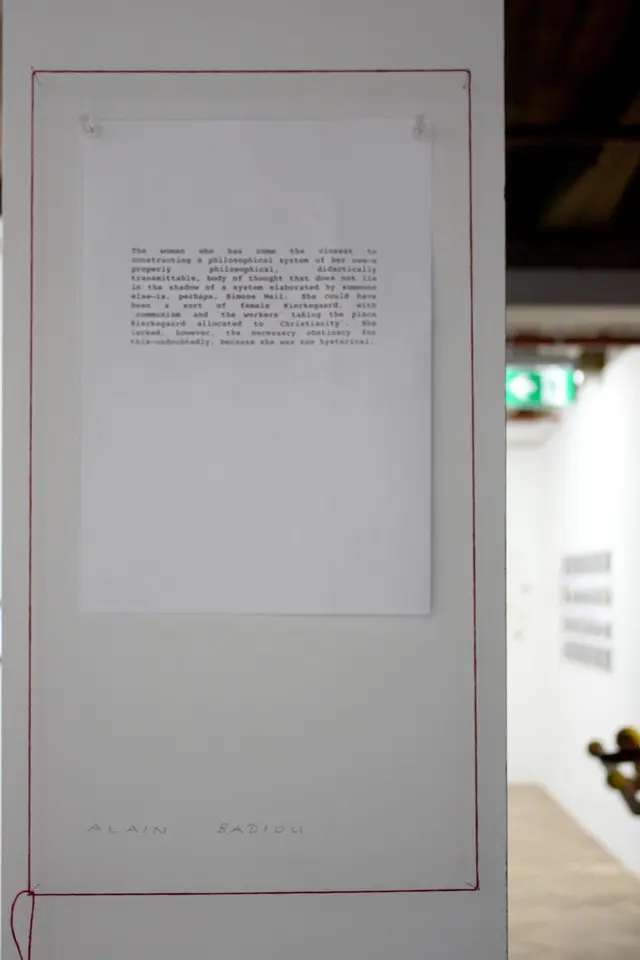

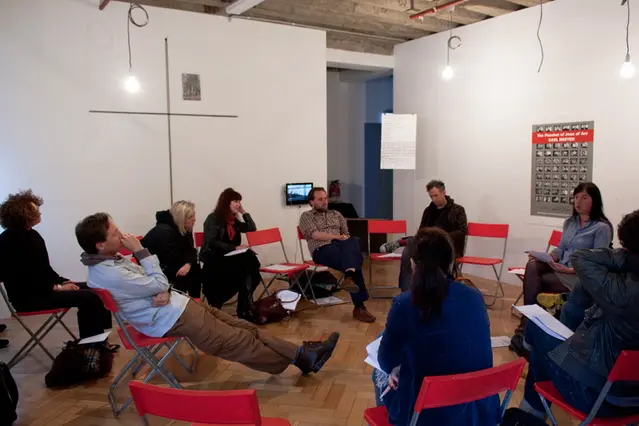
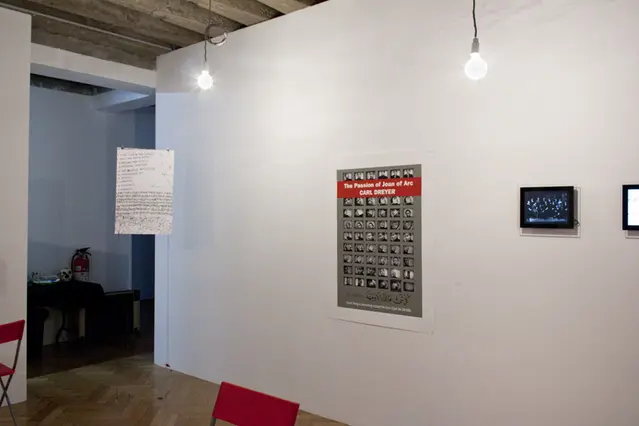

Marcus Steinweg
Jalal Toufic
Miranda Fricker
Keith Wilson
Janet Burchill
Alain Badiou
Dr Louise Burchill
Jessica Whyte
Mireille Astore
Justin Clemens
Hélène Frichot
Domenico De Clario
Daniel Gustav Cramer
Haris Epaminonda
Michael Needham
Nela Trifkovic
Anastasia Klose